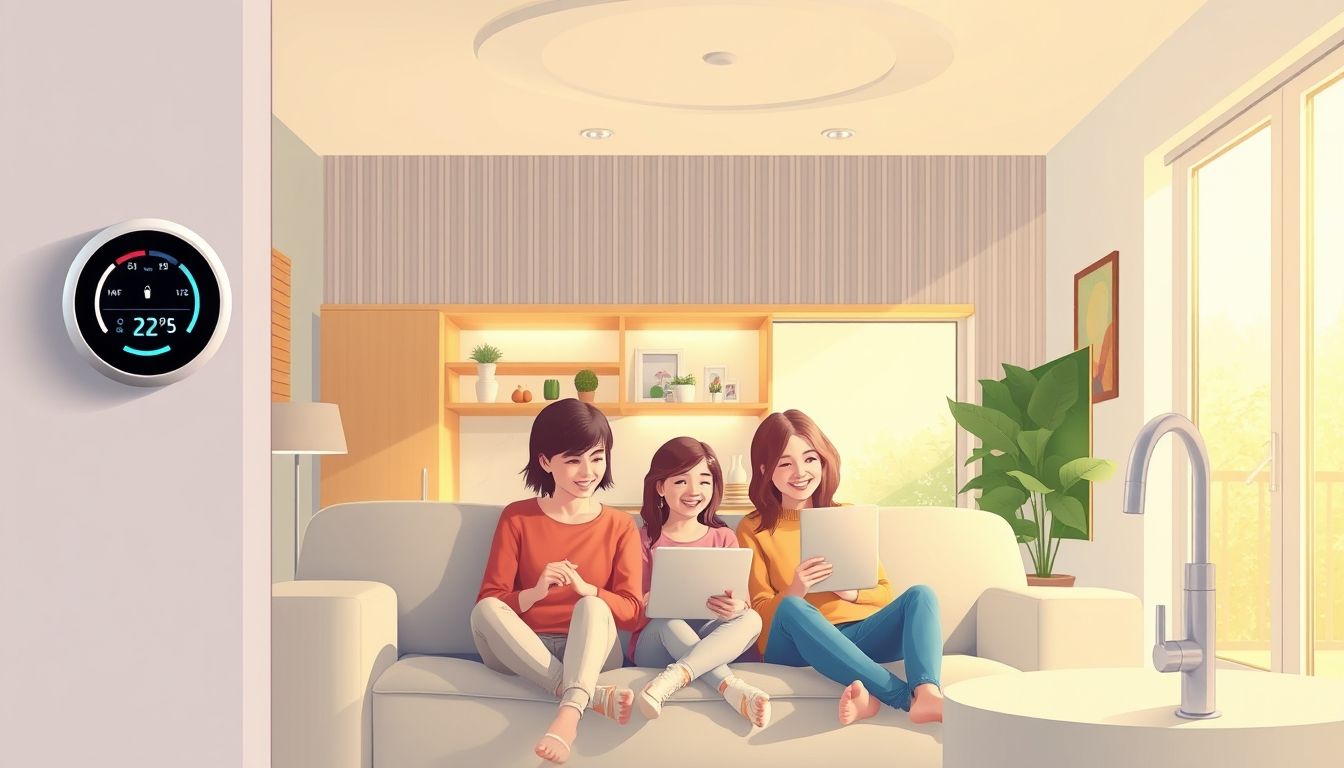Cut Your Bills: Practical Strategies to Save Money on Electricity, Water, and Phone
In today's world, managing personal and family expenses has become an increasing challenge. Electricity, water, and phone bills represent a significant portion of these expenses and can significantly impact your monthly budget. Fortunately, there are many practical strategies you can apply to reduce these bills and achieve significant savings.
Chapter 1: Understanding Your Energy and Water Consumption
The first step towards saving money is understanding your current consumption pattern. Carefully monitor your monthly bills to identify the times when consumption increases, and the appliances or activities that consume the most energy and water.
- Analyzing Bills: Compare your monthly bills throughout the year to identify seasonal patterns and fluctuations in consumption.
- Monitoring Appliances: Use energy meters to monitor the consumption of individual appliances, such as the refrigerator, washing machine, and air conditioner.
- Recording Consumption: Keep a daily or weekly record of your water and electricity consumption, and note any unexplained changes or increases.
Chapter 2: Saving Electricity at Home
Electricity is one of the largest sources of expenditure in most homes. Here are some effective strategies for saving electricity:
Lighting
- Replacing Bulbs: Replace traditional light bulbs with energy-efficient LED bulbs. LED bulbs consume up to 75% less energy and last longer.
- Using Natural Light: Take advantage of sunlight as much as possible. Open curtains and windows during the day, and use mirrors to enhance natural lighting.
- Turning Off Lights: Turn off the lights in rooms you are not using. Teach your family members this habit to save energy continuously.
Heating and Cooling
- Adjusting the Thermostat: Set the thermostat to a moderate temperature. In winter, lower the temperature a few degrees, and in summer, raise it a few degrees.
- Maintaining Appliances: Perform regular maintenance on air conditioning and heating equipment. Clean the filters regularly to ensure efficient operation.
- Insulating the House: Insulate walls, windows, and doors to prevent air leakage. Good insulation can save up to 20% of heating and cooling costs.
Electrical Appliances
- Unplugging Appliances: Unplug electrical appliances when not in use. Even in standby mode, appliances consume a small amount of energy.
- Using Energy-Efficient Appliances: When buying new appliances, look for appliances with the "Energy Star" label or its equivalent. These appliances are designed to save energy.
- Washing Clothes: Wash clothes in cold water whenever possible. Use short wash cycles suitable for the load size.
Chapter 3: Conserving Water
Water is a precious resource, and conserving it not only saves money but also protects the environment.
Bathrooms and Toilets
- Fixing Leaks: Repair any leaks in faucets and toilets immediately. Small leaks can waste large amounts of water in the long run.
- Using Water-Saving Showerheads: Replace old showerheads with water-saving showerheads. These showerheads reduce the amount of water used without affecting water pressure.
- Reducing Shower Time: Try to reduce shower time. Even a few minutes less can make a big difference in water consumption.
- Dual-Flush Toilets: If you are renovating your bathroom, consider installing a dual-flush toilet. This type of toilet allows you to choose the amount of water used based on need.
Kitchen
- Fixing Leaks: Make sure there are no leaks in faucets and pipes.
- Washing Dishes: Use the dishwasher efficiently. Fill the dishwasher completely before running it, and use water-saving wash cycles.
- Washing Vegetables and Fruits: Wash vegetables and fruits in a bowl instead of letting the water run continuously.
Garden
- Watering Early in the Morning or Evening: Watering plants early in the morning or evening reduces evaporation.
- Using a Drip Irrigation System: Use a drip irrigation system to deliver water directly to the roots of plants.
- Collecting Rainwater: Collect rainwater for use in watering plants and washing cars.
Chapter 4: Reducing Phone and Internet Bills
In the digital age, phone and internet bills have become an integral part of our monthly expenses. Here are some tips to reduce these bills:
- Reviewing Subscription Plans: Review your subscription plans regularly. Make sure you are only paying for the services you need.
- Comparing Offers: Compare offers from different telecommunications companies. You may find a better offer at a lower price.
- Using Online Communication Apps: Use online communication apps to make calls and send messages. These apps are often cheaper than traditional calls and messages.
- Managing Data Usage: Monitor your data usage on your mobile phone. Avoid watching videos or downloading large files over mobile data. Use Wi-Fi instead.
Chapter 5: Negotiating with Service Providers
Don't hesitate to negotiate with service providers. Often, they are willing to offer discounts or special offers to retain customers.
- Contacting Customer Service: Contact customer service and ask for a discount or special offer.
- Threatening to Cancel: If you don't get a satisfactory offer, threaten to cancel the service. This is often enough to get a better offer.
- Looking for Competitor Offers: Tell your current service provider that you have found a better offer from a competitor. They may be willing to match the offer or offer it at a lower price.
Chapter 6: Using Smart Technology
Smart technology can help you save money on energy and water bills.
- Smart Thermostats: Smart thermostats allow you to control the temperature of your home remotely. You can automatically adjust the temperature based on your schedule or location.
- Water Sensors: Water sensors can detect leaks in pipes and send alerts to your phone.
- Smart Irrigation Systems: Smart irrigation systems can adjust the amount of water used based on weather conditions.
Chapter 7: Changing Daily Habits
Changing daily habits can have a significant impact on your bills.
- Showering Instead of Filling the Bathtub: Showering consumes less water compared to filling the bathtub.
- Brushing Teeth and Closing the Tap: Close the tap while brushing your teeth or shaving your beard.
- Using the Washing Machine and Dishwasher Efficiently: Fill the washing machine and dishwasher completely before running them.
- Turning Off Lights When Leaving the Room: Teach your family members to turn off the lights when leaving the room.
Chapter 8: Investing in Energy-Efficient Appliances
Investing in energy-efficient appliances may be expensive initially, but it can save you money in the long run.
- Energy-Efficient Refrigerators: Replace your old refrigerator with an energy-efficient refrigerator.
- Energy-Efficient Washing Machines: Replace your old washing machine with an energy-efficient washing machine.
- Energy-Efficient Dishwashers: Replace your old dishwasher with an energy-efficient dishwasher.
Chapter 9: Taking Advantage of Government Support Programs
Many governments offer support programs to help individuals save energy and water. Check for available support programs in your area.
- Solar Energy Support Programs: Some governments offer financial support for installing solar energy systems.
- Energy-Efficient Appliance Support Programs: Some governments offer financial support for purchasing energy-efficient appliances.
- Water Conservation Support Programs: Some governments offer financial support for installing water conservation devices.
Chapter 10: Periodic Review and Adjustment of Strategies
Saving money on electricity, water, and phone bills is an ongoing process. Review your strategies regularly and adjust them as needed.
- Reviewing Monthly Bills: Monitor your monthly bills carefully to identify any changes in consumption.
- Evaluating the Effectiveness of Strategies: Evaluate the effectiveness of the strategies you are using. If some strategies are not effective, try other strategies.
- Looking for New Ways to Save: Look for new ways to save on energy, water, and phone. Technology is constantly evolving, and there are always new ways to improve consumption efficiency.
By following these practical strategies, you can significantly reduce your electricity, water, and phone bills and achieve significant savings in your monthly budget. Remember that every small effort contributes to achieving the larger goal.




